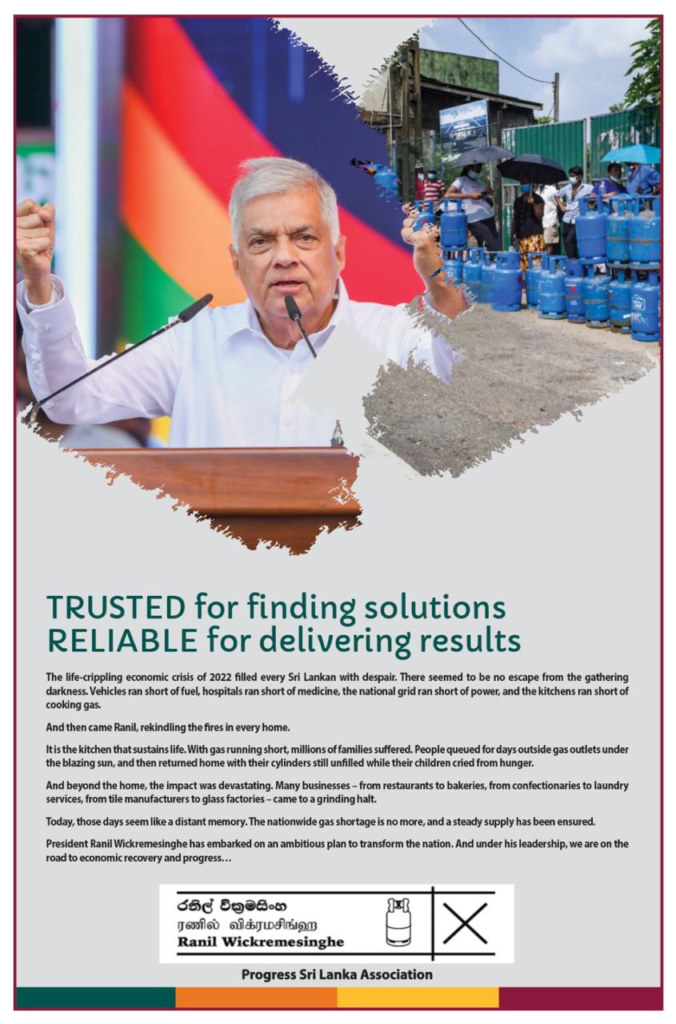September 06, Colombo (LNW): The Renewable Energy Protectors’ Association (REPA) has called on the authorities to clarify their plans for addressing the challenges faced by the renewable energy sector.
This comes in light of the recent decision by the Power and Energy Minister to lower the tariff rate for solar energy projects to Rs. 27 per unit. REPA has also encouraged the public, particularly investors in solar and other renewable energy projects, to support candidates who present the most viable solutions to these challenges.
The General Manager of the Ceylon Electricity Board (CEB), acting against a Cabinet decision and directives from the Public Utilities Commission, instructed officials to reduce the tariff rate for solar energy projects.
REPA President Darshana Liyanasekara criticized this move, stating that it discourages local investment in renewable energy, undermines the sector’s progress, and threatens the goal of sustainable economic growth through renewable energy initiatives.
In response, the Public Utilities Commission of Sri Lanka (PUCSL) made a decisive move to keep payments for rooftop solar power plants unchanged.
This decision, communicated through a circular issued by CEB General Manager Dr. Narendra Silva, confirmed that the Rs. 37 per unit tariff for solar electricity, established in 2022, will remain in effect.
The circular, dated 29 July, also amended the effective date of the Rooftop Solar PV (RTSPV) schemes to 25 October 2022, while maintaining all other terms.
This development comes amid growing concerns raised by REPA over the Government’s decision to reduce tariff rates for new rooftop solar and renewable energy projects, effective 1 July 2024.
The new tariffs, announced by Power and Energy Minister Kanchana Wijesekera, are based on a 2022 formula that considers the USD exchange rate, interest rates, and other economic factors.
In a statement on X, Minister Wijesekera explained that the revised rates are intended to promote the development of rooftop solar projects and other renewable energy initiatives under 10 MW, following extensive stakeholder consultations and a detailed report from the tariff committee.
REPA expressed concern over the country’s continued reliance on diesel-based power generation, which results in the loss of billions of dollars in foreign exchange.
While the Minister has reduced tariffs for solar energy projects, no efforts have been made to lower the prices paid for diesel-based power. Currently, the Government pays between Rs. 70 and Rs. 100 per unit for electricity generated from diesel. REPA argues that by investing in solar energy, the country could retain that money domestically rather than losing it as dollar outflow.




